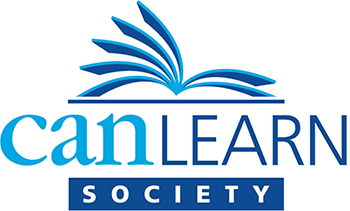Once in a while it really hits people that they don’t have to experience the world in the way that they have been told to.” ~ Alan Keightley
Coaching can be a game-changer for many people, but it’s important to know which type of coaching is right for you. ADHD Attention Deficit Hyperactivity Disorder) or ASD (Autism Spectrum Disorder) Coaching, Executive Function Coaching, and Academic Coaching may sound similar, but each has a different focus and approach. Let’s break down the key differences.
ADHD Coaching and ASD Coaching
This type coaching is designed to help people with ADHD or ASD manage the challenges that come with this condition. A certified coach works with you to build skills like time management, organization, or handling emotions. ADHD and ASD coaching also helps with setting personal goals and staying on track with them. ADHD Parent Coaching works with parents to help them understand their child and how ADHD or ASD affects them. It can also help parents to adjust their parenting skills and build strategies to provide support and help their child to develop skills and strategies.
Many people are also looking for an Executive Function Coach who works with you to improve skills like planning, time management, prioritizing, setting goals, organizing, and problem-solving. It’s also helpful for those who struggle with executive functioning skills, even without an ADHD diagnosis.
Who It Helps:
People with ADHD or ASD, from teens to adults and parents who want to better manage their day-to-day lives, or help their child build the skills that will help them succeed.
Focus:
ADHD or ASD Coaching aims to address the unique challenges that ADHD brains face in their daily lives. This type of coaching is collaborative and client driven.
Academic Coaching
No student learns the same way as their peers. Academic Coaching is aimed at helping students with or without disabilities improve their study habits and performance in school. This coaching focuses on developing skills like notetaking, test prep, and overcoming procrastination. It’s especially useful for high school and college students who need extra help to stay on top of their schoolwork. Academic Coaching and tutoring have a different purpose and process.
Who It Helps:
Students who need support to succeed academically in middle, high school, post-secondary and continuing education. It can help students who procrastinate on beginning assignments, are late handing in assignments, are distracted, have trouble staying on task, disorganized or appear to lack motivation. We teach students that it’s okay to ask for help, and we help your student gain the confidence to ask for help.
Focus:
Academic Coaching can focus on time management, planning and prioritizing and keeping focus. It can also help improve study strategies and boost academic motivation. It can help build metacognition allowing them the opportunity to “think about thinking” and reflect on their learning journey and what drives their academic choices. Students can apply the skills they learn during their coaching sessions to all their classes.
Key Differences
While these coaching types may overlap, the main difference lies in their focus. ADHD coaching zeroes in on managing ADHD symptoms. Executive Function Coaching targets critical thinking skills like planning and memory, while Academic Coaching is all about boosting school performance.
Coaching takes time and effort from both the individual and parents. It’s not a quick fix.
Are you ready?
If you’re unsure which type of coaching is right for you, we can help you figure it out. Sessions are online, and we offer flexible scheduling with 30- or 60-minute sessions with between session support.
Interested in learning more? Visit our coaching services page or contact Laura at [email protected] to explore which coaching service might suit your needs.



